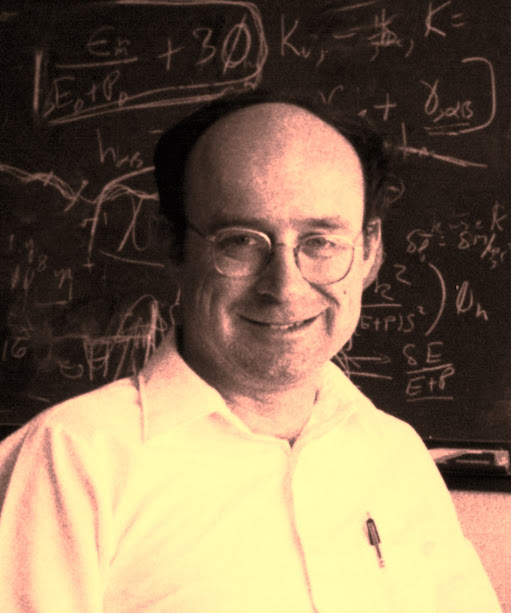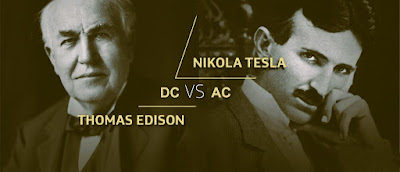2024 Nobel Prize: Game-Changing Discoveries in Medicine, Physics, and Chemistry
This year's Nobel Prizes in science celebrate remarkable discoveries transforming our understanding of everything from gene regulation to artificial intelligence. Here's a closer look at the groundbreaking work recognized in physiology or medicine, physics, and chemistry, which has redefined the scientific landscape profoundly.
Nobel Prize in Physiology or Medicine: Cracking the Code of Gene Regulation with MicroRNA
The Nobel in Physiology or Medicine went to Victor Ambros and Gary Ruvkun for their discovery of microRNA, tiny yet powerful strands of RNA that don't make proteins but act as vital gene regulators. Conducted initially on worms, their work revealed that microRNAs play a crucial role in turning genes on and off across all complex life forms, fundamentally altering how organisms develop and function. By understanding this mechanism, researchers are exploring potential treatments for diseases like cancer, where controlling gene expression could prevent or slow disease progression.
Their findings have already influenced studies in molecular oncology, and in the future, microRNA could serve as a diagnostic biomarker for various diseases. This Nobel recognition is a testament to how small discoveries can enormously impact health and disease management.
.Nobel Prize in Physics: Advancing Artificial Intelligence with Neural Network Breakthroughs
In Physics, the prize celebrated the AI breakthroughs of John J. Hopfield and Geoffrey E. Hinton. Their foundational work on artificial neural networks is at the heart of modern machine learning. Hopfield's work on associative memory models and Hinton's development of the Boltzmann machine helped build systems that recognize complex patterns in data, paving the way for applications in image recognition, voice processing, and predictive analytics. Their insights have shaped the growth of AI, enabling machines to "learn" and "remember" patterns, much like the human brain.
These neural networks have evolved into powerful tools, impacting nearly every industry, from finance to healthcare. Today's AI models, such as deep learning architectures, stand on the shoulders of these pioneering contributions
https://www.nobelprize.org/uploads/2024/10/2-3_2-6704d5502e5d7-992x656.jpg
Nobel Prize in Chemistry: Revolutionizing Genetics with Rapid DNA Sequencing
The Nobel in Chemistry went to Shankar Balasubramanian, David Klenerman, and Pascal Mayer for their innovations in DNA sequencing technology. Their development of nanopore sequencing allows scientists to decode DNA in record time, transforming genomics, medicine, and even agriculture. This technique opens new doors in personalized medicine, enabling quicker diagnoses and tailored treatments based on genetic makeup. Additionally, nanopore sequencing is already being used in fields such as infectious disease research, helping scientists rapidly sequence viral genomes to track the spread of infections.
The accessibility and speed of nanopore sequencing are revolutionizing our approach to complex problems, from creating resilient crops to understanding the genetic basis of diseases.
.Why These Discoveries Matter
These 2024 Nobel-winning contributions highlight the powerful intersections between fundamental research and practical applications, showing us how scientific breakthroughs lead to tools and treatments that enhance lives. By exploring and building upon such pioneering work, researchers across fields are empowered to tackle some of humanity's biggest challenges, from disease prevention to artificial intelligence and genetic research.
As we celebrate these laureates, we are reminded that the future of science rests on discoveries that might appear small today but hold transformative potential for generations to come.



Comments
Post a Comment